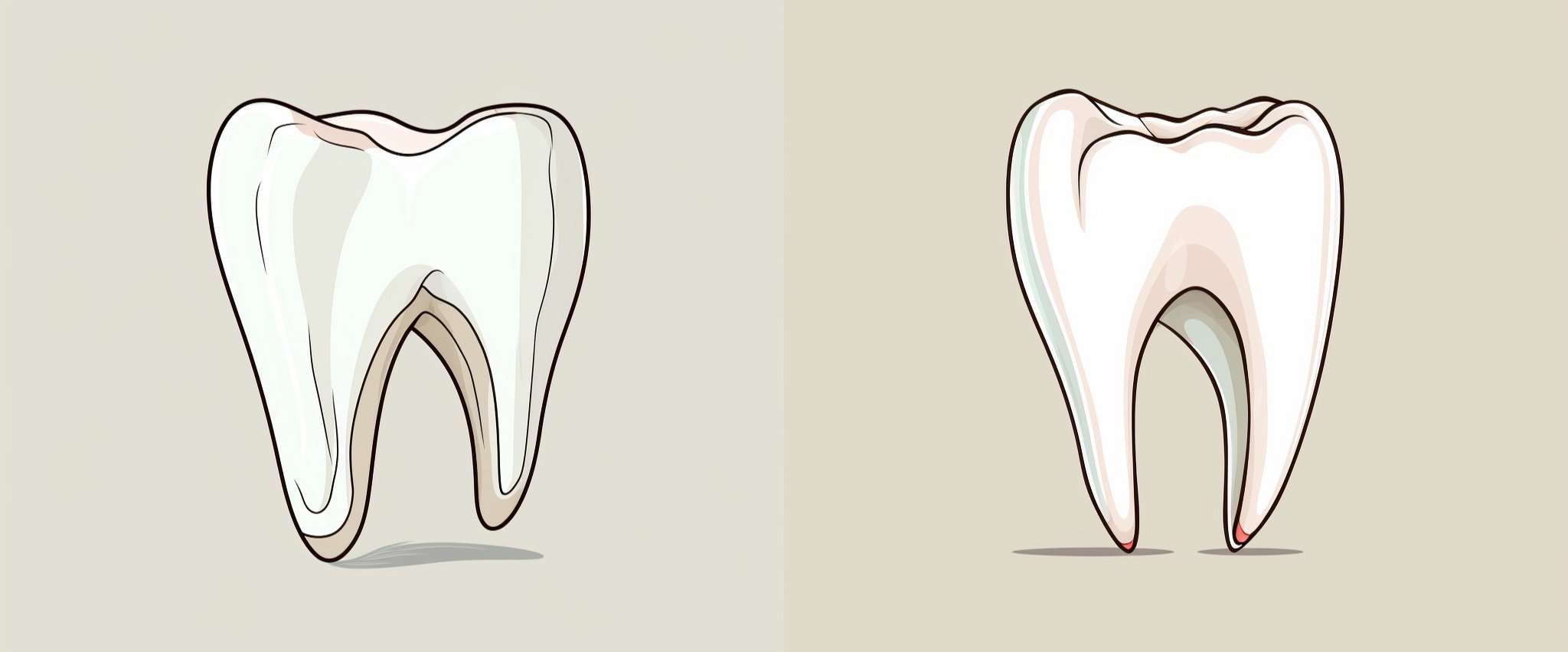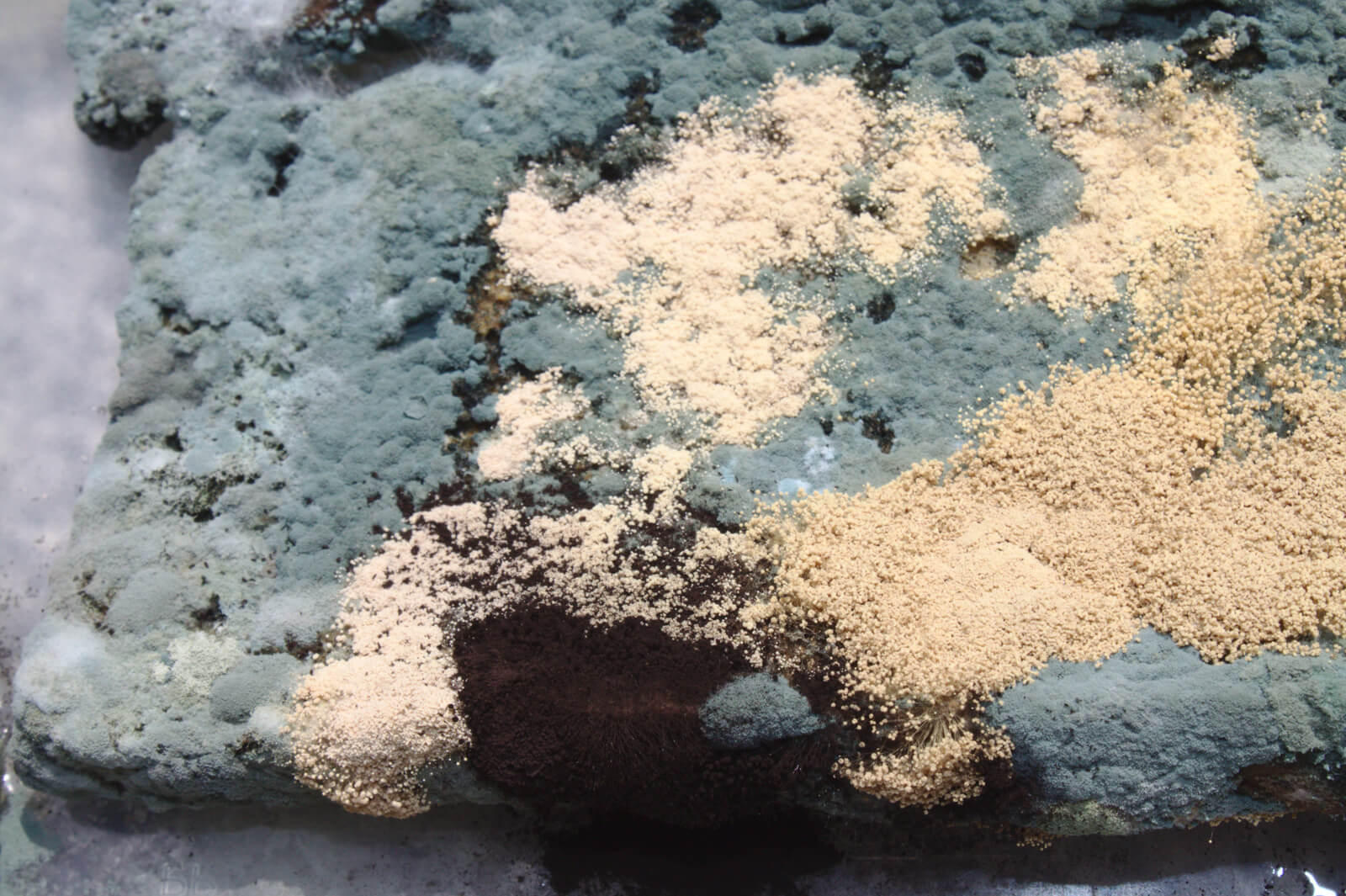Hydrogen Peroxide Tooth Infection

When it comes to managing tooth infections, it’s essential to understand the available treatment options and their effectiveness. One such remedy that has gained popularity is the use of hydrogen peroxide. But does it really work, and what are the potential risks and benefits associated with its use? Let’s delve into the world of hydrogen peroxide and tooth infections to find out.
To begin with, it’s crucial to comprehend what a tooth infection is. A tooth infection, also known as a dental abscess, occurs when bacteria invade the pulp of a tooth, causing inflammation and infection. This can be a result of poor oral hygiene, a cracked tooth, or other factors that allow bacteria to penetrate the tooth. Symptoms of a tooth infection can range from mild to severe and include toothache, sensitivity, swelling, and fever.
Now, let’s explore the role of hydrogen peroxide in managing tooth infections. Hydrogen peroxide is a natural antibacterial agent that can help reduce the severity of a tooth infection. It works by releasing oxygen, which helps to kill the bacteria causing the infection. Many people swear by the effectiveness of hydrogen peroxide in alleviating toothache pain and reducing swelling.
However, it’s essential to note that hydrogen peroxide should not be used as a replacement for proper dental care. If you suspect you have a tooth infection, it’s crucial to consult a dentist as soon as possible. A dentist can assess the situation and provide the necessary treatment, which may include antibiotics, drainage of the abscess, or even root canal therapy.
That being said, hydrogen peroxide can be used as a supplementary treatment to help manage symptoms. To use hydrogen peroxide for a tooth infection, you can try swishing it around your mouth for a few minutes before spitting it out. However, it’s vital to use a diluted solution, as undiluted hydrogen peroxide can be harsh on the teeth and gums.
Here’s a simple recipe you can try:
- Mix equal parts hydrogen peroxide and water.
- Swish the solution around your mouth for 30 seconds to 1 minute.
- Spit out the solution and rinse your mouth with warm water.
It’s also important to note that hydrogen peroxide is not suitable for everyone. If you have sensitive teeth or gums, you may want to avoid using it or start with a lower concentration to test your sensitivity. Additionally, if you’re experiencing severe symptoms or if your symptoms persist after using hydrogen peroxide, it’s crucial to seek medical attention.
In addition to hydrogen peroxide, there are other natural remedies that can help manage tooth infections. These include:
- Saltwater rinse: Rinsing your mouth with warm salt water can help reduce swelling and kill bacteria.
- Clove oil: Clove oil has natural antibacterial properties and can help alleviate toothache pain.
- Tea tree oil: Tea tree oil has antimicrobial properties and can help reduce the severity of a tooth infection.
While these remedies can be helpful, it’s essential to remember that they should not be used as a replacement for proper dental care. If you’re experiencing symptoms of a tooth infection, it’s crucial to consult a dentist as soon as possible to receive proper treatment.
In conclusion, hydrogen peroxide can be a useful supplementary treatment for managing tooth infections. However, it’s essential to use it in moderation and in conjunction with proper dental care. By understanding the benefits and risks associated with hydrogen peroxide and other natural remedies, you can make informed decisions about your oral health.
Can hydrogen peroxide cure a tooth infection?
+Hydrogen peroxide can help manage symptoms of a tooth infection, but it's not a cure. It's essential to consult a dentist for proper treatment.
How often can I use hydrogen peroxide for a tooth infection?
+You can use hydrogen peroxide 2-3 times a day, but be sure to dilute it with water and avoid using it for an extended period.
Are there any risks associated with using hydrogen peroxide for a tooth infection?
+Yes, using undiluted hydrogen peroxide can be harsh on the teeth and gums. It's essential to use a diluted solution and consult a dentist if you experience any sensitivity or discomfort.
As we’ve explored the topic of hydrogen peroxide and tooth infections, it’s clear that while it can be a useful supplementary treatment, it’s essential to prioritize proper dental care. By understanding the benefits and risks associated with hydrogen peroxide and other natural remedies, you can make informed decisions about your oral health. Remember, if you’re experiencing symptoms of a tooth infection, it’s crucial to consult a dentist as soon as possible to receive proper treatment.
In the world of oral health, it’s essential to stay informed and proactive. By taking care of your teeth and gums, you can reduce the risk of tooth infections and other oral health issues. Whether you’re using hydrogen peroxide or other natural remedies, it’s crucial to prioritize proper dental care and consult a dentist if you have any concerns.
As we conclude this exploration of hydrogen peroxide and tooth infections, it’s essential to remember that oral health is a vital aspect of overall health. By taking care of your teeth and gums, you can reduce the risk of a range of health issues, from tooth infections to heart disease. So, the next time you’re considering using hydrogen peroxide or other natural remedies for a tooth infection, remember to prioritize proper dental care and consult a dentist for proper treatment.
According to the American Dental Association (ADA), tooth infections can be a serious health issue if left untreated. It's essential to prioritize proper dental care and consult a dentist if you're experiencing symptoms of a tooth infection.
By following these guidelines and prioritizing proper dental care, you can reduce the risk of tooth infections and other oral health issues. Remember, your oral health is a vital aspect of your overall health, and by taking care of your teeth and gums, you can reduce the risk of a range of health issues. So, stay informed, stay proactive, and prioritize your oral health today.
Hydrogen peroxide can be a useful supplementary treatment for managing tooth infections, but it's essential to use it in moderation and in conjunction with proper dental care.
In the end, it’s all about making informed decisions about your oral health. By understanding the benefits and risks associated with hydrogen peroxide and other natural remedies, you can take control of your oral health and reduce the risk of tooth infections and other oral health issues. So, the next time you’re considering using hydrogen peroxide or other natural remedies, remember to prioritize proper dental care and consult a dentist for proper treatment.
Step-by-Step Guide to Using Hydrogen Peroxide for a Tooth Infection

- Mix equal parts hydrogen peroxide and water.
- Swish the solution around your mouth for 30 seconds to 1 minute.
- Spit out the solution and rinse your mouth with warm water.
- Repeat 2-3 times a day, but be sure to dilute the solution and avoid using it for an extended period.
By following these simple steps and prioritizing proper dental care, you can reduce the risk of tooth infections and other oral health issues. Remember, your oral health is a vital aspect of your overall health, and by taking care of your teeth and gums, you can reduce the risk of a range of health issues. So, stay informed, stay proactive, and prioritize your oral health today.
